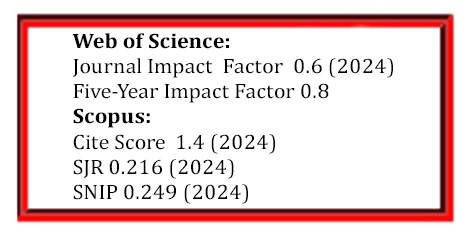Influence of Zeolite Additive on the Properties of Plaster Used for External Walls from Autoclaved Aerated Concrete
DOI:
https://doi.org/10.5755/j01.ms.19.2.4441Keywords:
plaster, clinoptilolite, autoclaved aerated concrete, compressive and flexural strength, adhesion, drying shrinkage, water vapor permeability, capillary absorptionAbstract
Enclosures that had been built from elements of autoclaved aerated concrete (AAC) often are covered with plasters. Some adhesion problems between plasters and surface exist during the mechanized covering of surfaces of the mentioned enclosures with plaster. Some dispersible additives (vinyl acetate polymer or derivatives of acrylic acid esters) are used to improve the adhesion. Another problem is the increased water absorption of AAC elements, therefore water retarding additives (cellulose esters) are used in the mixture of plasters. Due to insufficient amount of water in the mixture of plasters, the hydration of cement minerals slows down.
Influence of the natural zeolite – clinoptilolite on the properties of plaster is analyzed in this work. It was found that this additive effectively absorbs water and thus, ensures adequate hydration of cement minerals. When in the mixture of plaster the sand is changed by clinoptilolite in amount of 15 % the structure slightly compacts, the compressive and flexural strength of hardened plaster increase by 47 % and 12 % respectively and the adhesion to a surface of the AAC element increases by 44 %. Drying shrinkage, water vapor resistance factor and coefficient of capillary absorption remain unchanged.Downloads
Published
Issue
Section
License
The copyrights for articles in this journal are retained by the author(s), with first publication rights granted to the journal. By virtue of their appearance in this open-access journal, articles are free to use with proper attribution in educational and other non-commercial settings.



